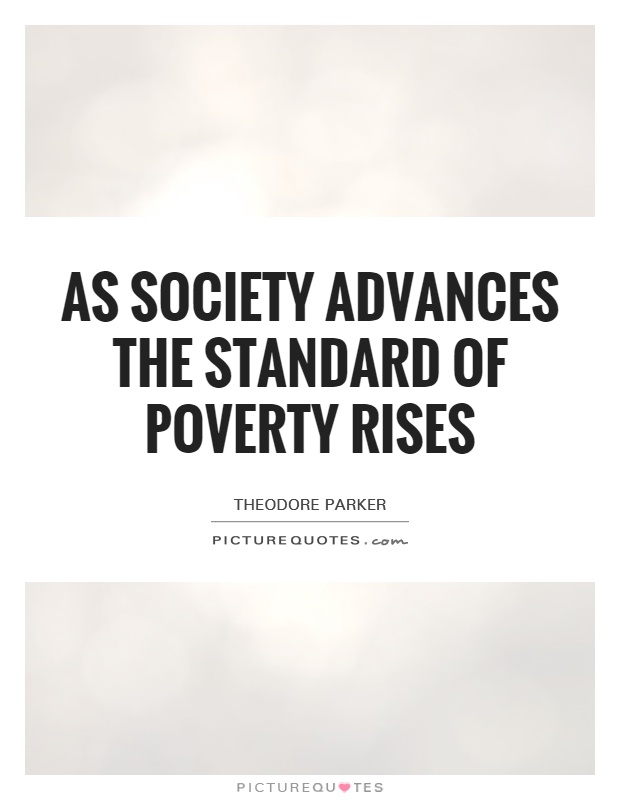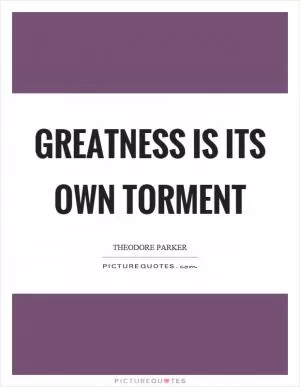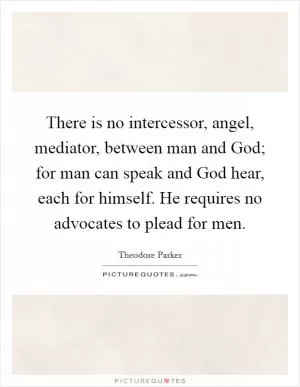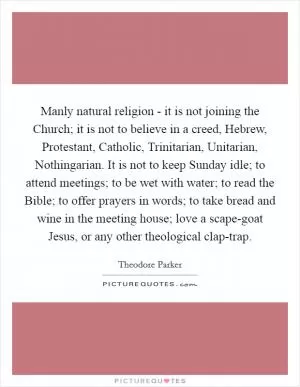As society advances the standard of poverty rises

As society advances the standard of poverty rises
Theodore Parker, a prominent American theologian and abolitionist in the 19th century, was known for his progressive views on social justice and equality. One of his most famous quotes, "As society advances the standard of poverty rises," reflects his belief that as society progresses and becomes more affluent, the definition of poverty also changes.Parker's statement can be interpreted in several ways. On one hand, it can be seen as a commentary on the relative nature of poverty. As society becomes more prosperous and material wealth becomes more abundant, the standard of living that is considered acceptable also rises. This means that what was once considered poverty in a less developed society may not be seen as such in a more advanced society. In this sense, poverty is not an absolute condition but rather a relative one that is defined by the standards of the society in which it exists.
Furthermore, Parker's quote can also be understood as a critique of the way in which economic progress can exacerbate inequality. As society advances and becomes more affluent, the gap between the rich and the poor often widens. The rising standard of living for the wealthy can make it increasingly difficult for those at the bottom of the economic ladder to keep up. This can lead to a situation where even those who are not technically living in poverty by traditional standards still struggle to make ends meet and access basic necessities.
Parker's quote is a reminder that the fight against poverty is not just about providing material resources to those in need, but also about addressing the underlying social and economic structures that perpetuate inequality. It challenges us to question our assumptions about what poverty looks like and to consider the ways in which our society's values and priorities shape our understanding of this complex issue. Ultimately, Parker's words serve as a call to action to work towards a more just and equitable society where the standard of poverty is not allowed to rise unchecked.












 Friendship Quotes
Friendship Quotes Love Quotes
Love Quotes Life Quotes
Life Quotes Funny Quotes
Funny Quotes Motivational Quotes
Motivational Quotes Inspirational Quotes
Inspirational Quotes